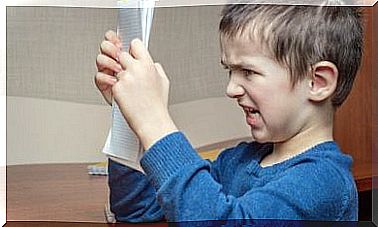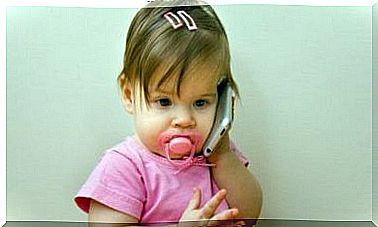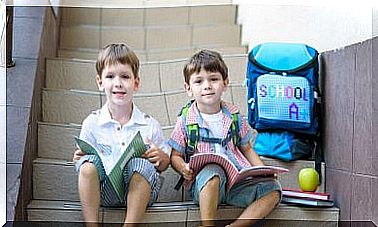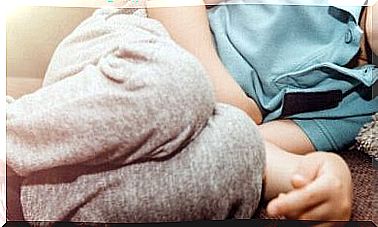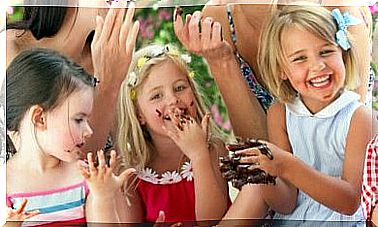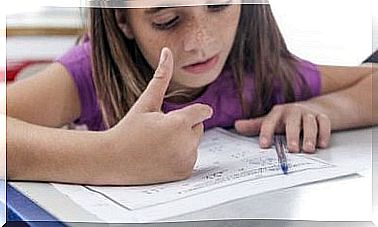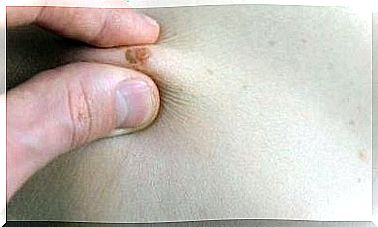The Theory Of School Organization And Its Characteristics

What does organization mean?
Before we take a closer look at the theory of school organization, we first need to take a closer look at the word organization itself. According to Merriam-Webster, organization means “the act or process of organizing or being organized.”
An organization is a group of people who come together for a reason. They also have a common goal. They communicate with each other and perform both individual and joint activities.
Some organizations are spontaneous, while others are more formal. That is, some are explicit and formal, while others are less formal with well-defined goals.
Schools build a structure around fixed goals with concrete activities and established procedures.
The theory of school organization
When it comes to the theory of school organization, we refer to an educational institution, a formal organization that has a well-defined structure that performs specific tasks and activities. Furthermore, there are many different paths they can take.

The study of schools, their elements, and the processes that take place within them are the basis of the theory of school organization. Next, they decide how to use them all.
Characteristics of the theory of school organization
There are many different types of school organization. However, they all agree that it is based on science. Furthermore, they use all theories from the business world. Next, they make use of them in schools.
Therefore, the theory of school organization is based on the fact that schools are a place where one learns. They finger out how the different parts of a school should work together.
In this regard, the theory of school organization is not limited to the organization itself. In fact, it is also looking at how it can be improved and function better.
The various parts that make up schools are both human and material resources, administrators, and legislators. They all have to work together to help the students.
There are different theories about school organization. Depending on what they want to focus on, they will put more or less emphasis on certain aspects.
Different theories of school organization
Existentialist theories
Its starting point is to answer the question of the existence of school organization.
- No organization. In this group, there is an idea that there should be no rules in school. The school institutions work impulsively.
- Flexible organization. They have to find a balance between rules and fun.
- Formal organization. These schools believe that rules and authority are fundamental aspects of functional schools.
Classical theories of school organization
They believe that schools are a mechanical structure where people are abstract elements. Together, they make the process work.
- The theory of physiological organization. This is based on a Taylorist model for the division of labor and efficiency. They believe the school will be successful and productive.
- Theory of division. This one suggests the method of “divide and defeat”. They divide jobs based on the skills people have to complete them.
New theories
New theories focus more on the human factor, as well as how people feel. They take into account how everyone is feeling during their work and activities.
- The Elton Mayo model. Human relationships directly affect organization.
- The Merton model. Organizations are successful because people behave as they should while working and learning.
- Selznick models. This highlights the importance of everyone having a responsibility.
- The Gouldner model. It is important to have overall rules to have fewer problems. These rules are also impersonal.
- Interpretation theory. In this theory, it is important to have subjective values and beliefs.
- Political theory. This claims that individuals’ political groups and ideas define organizations.
Conclusion on the theory of school organization
In conclusion, we would like to emphasize that the theory of school organization should make use of the most significant and enlightening elements from the various approaches. That is, it helps us understand schools in all their complexity.
In short, and as put forward by the theories, schools should consider people as a fundamental element.
